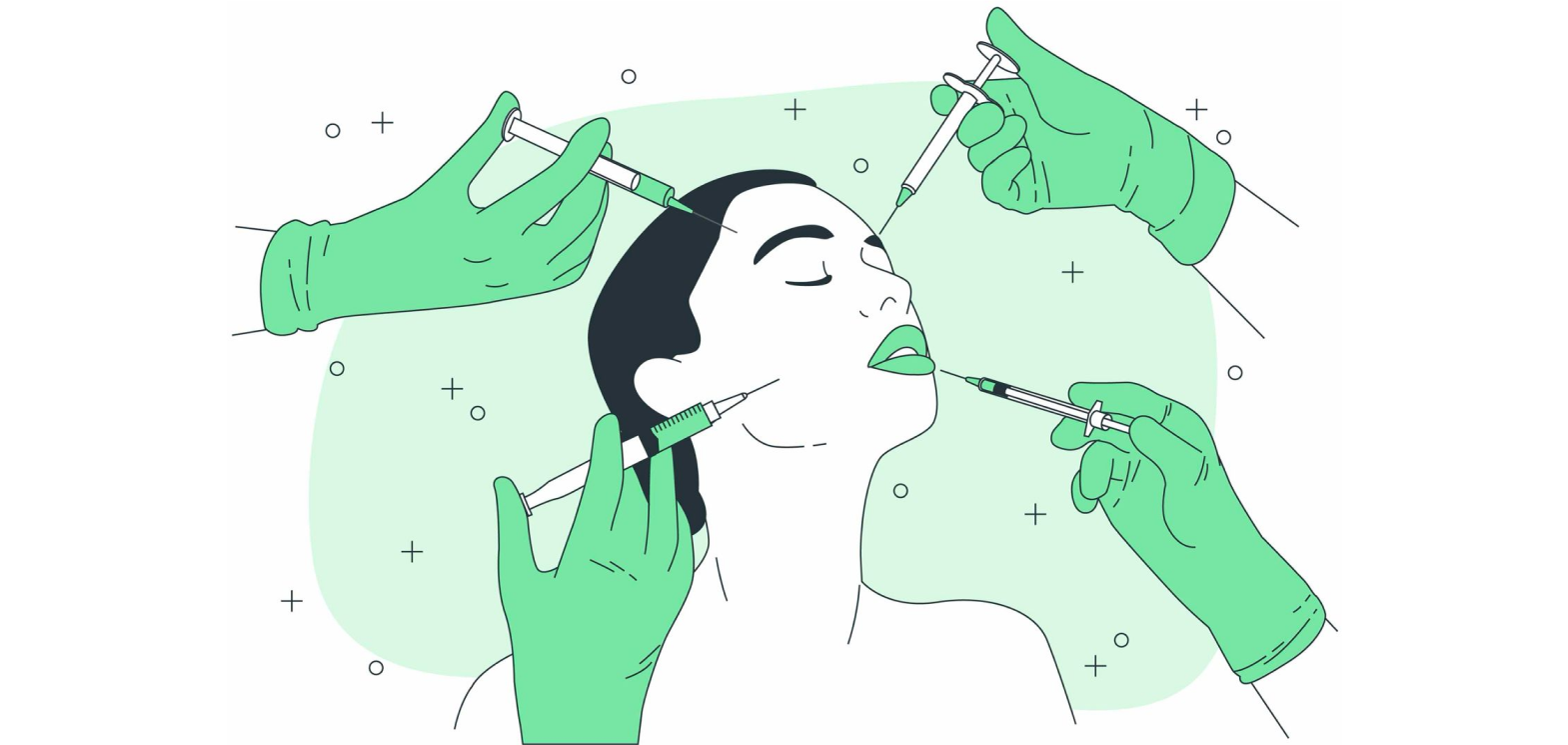
Wednesday, 18 June, 2025
In today’s time, a little aid from medical science and technology can help a person achieve their desired look. I think it’s fantastic. I think plastic surgeons around the world are doing God’s work by dissolving people’s insecurities and granting them the new found confidence and gift of a new life.
But when is it too much, and where does one stop? That, my friends, is the real question!
Derma fillers are a non-surgical cosmetic procedure that involves injecting substances like hyaluronic acid into the skin to smooth out wrinkles, fine lines, and restore lost volume. Almost all even the best plastic surgeon in Ahmedabad and elsewhere, consider derma fillers to be a safe and reliable procedure that requires minimal downtime. However, sometimes, excessively or improperly placed dermal fillers can result in facial overfilling syndrome, commonly known as a “pillow face,” which makes a person’s face look unnatural, puffy, and pillow-like.
It is important to understand that facial fillers are done to enhance the natural features of a person and not distort them. And the recent times have also witnessed an inclination towards subtle enhancements that promote more loyalty to our natural features and the belief of ‘less is more’. Now, when people are denying dramatic transformations, blunders like pillow face aren’t exactly doing wonders, are they?
There’s a growing shift toward natural beauty. People want to look refreshed, not redone. Gone are the days of exaggerated lips and overly plumped cheeks and butts. Today’s aesthetic leans into enhancement that’s barely noticeable, unless you’re looking. That’s what we aim for at my practice as a female plastic surgeon in Ahmedabad: to help you look like the best version of yourself.

Let’s be honest, people are scared. Social media is full of filler disasters and celebrities who once looked flawless, now grappling with migration and distortion. Even the most confident client walks in with the same concern: “I don’t want to look fake.” And honestly? I get it.
Repeat appointments, ongoing touch-ups, and the uncertainty of how your face might change over time it’s exhausting. Some patients feel they’ve lost sight of their real facial structure. So, instead of more, they’re opting for less, even going so far as to dissolve old fillers and start from scratch.
People are much more informed today. They know about filler migration, overfilling, and complications like vascular occlusion. They’re asking smarter questions and making more conscious decisions. And I LOVE that.
Many influencers and celebs have begun publicly sharing their journeys of filler reversal. And guess what? They look better, softer, more approachable, and real. This has encouraged many to press pause and reassess.
Absolutely not….
Let me be very clear: fillers are still a wonderful tool when used strategically, precisely, and with restraint. I myself am not a huge fan of fillers as a tool for every facial concern, but they do definitely have their place is aesthetic practice.
The issue isn’t the product. It’s the approach. Fillers need:
When done well, people won’t even realize you’ve had anything “done.” They’ll just say, “You look amazing! Did you sleep 10 hours?”
If you’ve ever visited our clinic, you’ll know: I’m not in the business of trends. I’m in the business of balance. I take the time to understand your face, your goals, and most importantly, your personality.
Sometimes, the best treatment is just one ml. Sometimes it’s saying no to more filler. And sometimes, it’s about dissolving what’s already there to start fresh. That’s the honesty you get with me, a female plastic surgeon in Ahmedabad who cares about your face as much as you do (maybe more, actually).
Your face has character. It tells your story. The goal of aesthetic medicine should never be to erase that but to enhance it gently and artfully. Whether you’re just curious about fillers, unsure about your previous work or considering reversal, my advice is simple: visit us and we shall have a talk over tea.
With love (and minimal puffiness),
Dr. Priyanka Sharma